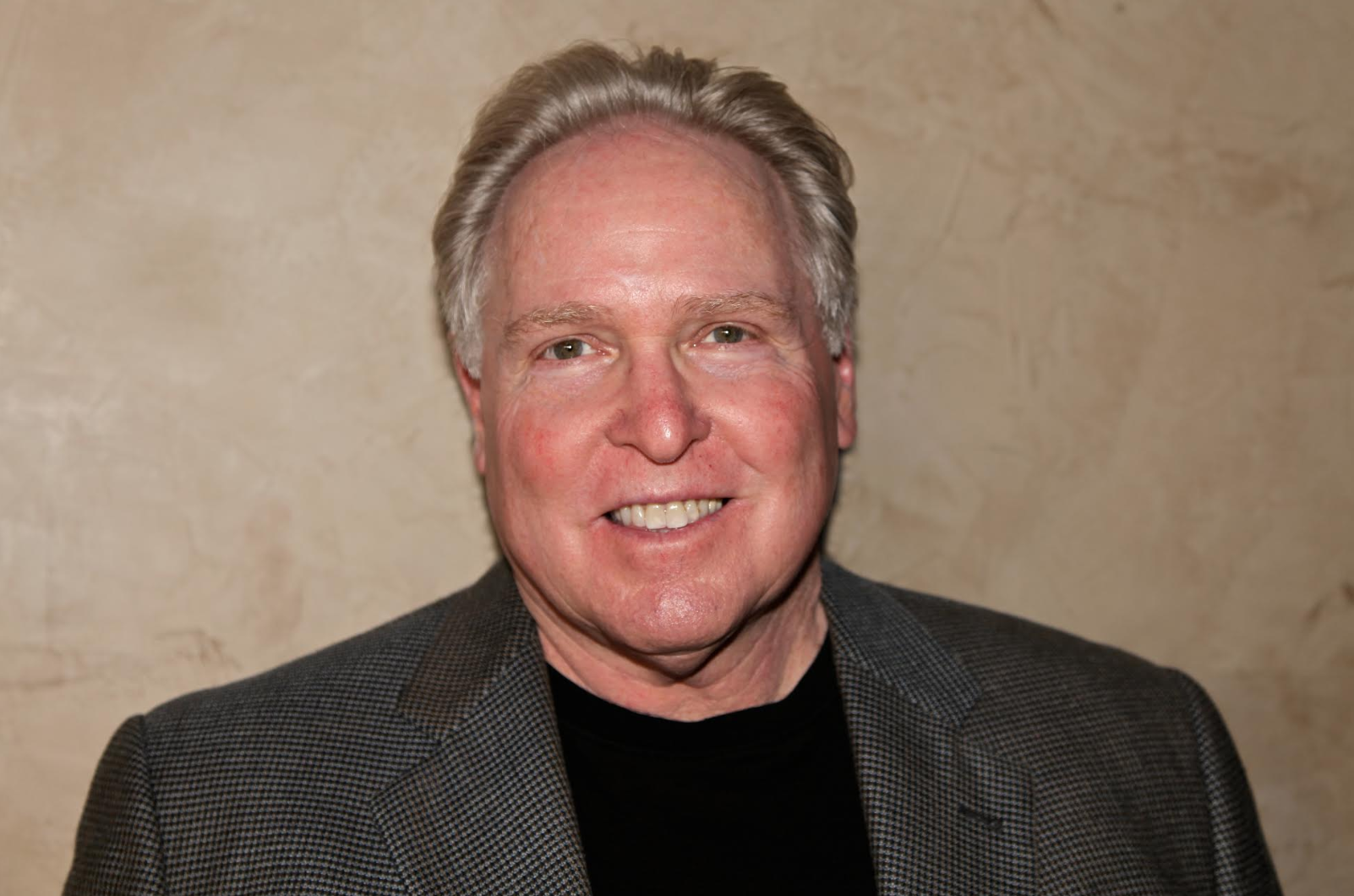This is the second article in a series I’m writing for Thrive Global on how to flourish in the second half of life. In this article, we’ll look at all the ways our culture teaches us to hide from, deny, avoid, and resist the aging process.
What if, however, getting older could provide each of us with opportunities to become the better versions of ourselves, experience some of our best years ever, and rediscover a radiant new sense of purpose for living? And what if a new and improved approach to self-care was a critical part of making this happen?
As we get older and experience life’s seasonal changes, we’re faced with a profound choice: to either confront and come to terms with the challenges of aging — and address them — or cut and run, and spend a great deal of our lives trying to avoid them. By working through the issues of aging and riding the horse in the direction it’s going, we gain newfound strength, courage, and understanding, which will enable us to meet these obstacles. Some would argue that by doing so, we will also live longer, better lives.
As with many things in life, attitude is everything. By learning to embrace the older versions of ourselves with kindness, patience, compassion, humility, and a good sense of humor, we flourish. Struggles and setbacks become our classroom. As we focus more attention on our best possible futures rather than our worst, and summon the courage to come to terms with and care for our aging selves, we learn, grow, and prosper. This is especially true for those of us who are expending a tremendous amount of time and energy caregiving a child, spouse, aging parent, or other family member.
Taking better care of ourselves — creating a Self-Care Master Plan and avoiding what I call “Caregiving Fatigue Syndrome (CFS)” — begins with an upgrade to what I call “professional-grade self-care.” Getting a regular mani/pedi, watching “The Late Show with Stephen Colbert,” and/or enjoying an açai bowl for breakfast might be part of your routine. A week off in Hawaii or the Caribbean might be your prescription for rest, rejuvenation, recreation, and renewal. Yet when it comes to taking five minutes during the day for self-care — let alone an hour — most of us get poor grades. As we get a little older, however, self-care becomes essential.
My good friend Dr. Spencer Johnson, the author of Who Moved My Cheese?, understood that learning to sit quietly and breathe, kicking back to put our feet up, or just saying no may be really hard for many of us. It’s what prompted him to write One Minute for Yourself. Years later, Spencer inspired me to write The Self-Care Handbook, which has evolved into a training program for professionals working in health care, law enforcement, financial services, domestic violence advocacy, and the military. In this program, we learn how to unplug from the nonstop activity that defines so many of our lives, refill our cups, and appreciate the art of balance. Also, we find out how to overcome the self-care saboteurs who keep us from doing what we know is right.
You may have spent your entire life thinking that there’s something indisputably noble in sacrificing your own needs in favor of others’. Some of us have even become self-sacrificing martyrs, tireless pleasers, family heroes, and even “saints” who justify sacrificing a disproportionate amount of time, health, and energy to caregiving, making a living, or being of service to someone else.
There are few areas of life more deserving of self-care than those that involve our families. The challenges of taking care of ourselves as our parents get older, for example, can be as perplexing as those faced by parents when their children are very young. The seemingly never-ending needs of both young children and aging parents can be draining and exhausting, which means it’s never too early or too late to begin rewriting your Self-Care Master Plan and putting it into practice.
For example, the issues faced by those of us who become our parents’ caregivers are considerable. And they make self-care essential. Maybe we go to the gym three days a week, decompress in front of the television during “happy hour,” or sleep late on weekends — routines that have worked well for us in the past, but that we now find are not nearly enough. If this is the case, we need to make some changes.
Change isn’t always easy. The old way of getting things done may be deeply ingrained, and an upgrade in our self-care requires making new commitments to ourselves. Pushing past our existing comfort zones and acquiring new tools, habits, and practices will take time and effort. But before we address the key tenets of professional-grade self-care, let’s take a closer look at the most common and troublesome saboteurs that keep us from caring for ourselves and that can create CFS.
To see if there are “self-care saboteurs” holding you back from upgrading your Self-Care Master Plan, try to answer the following questions with 100 percent honesty:
Have you become a prisoner of your own excuses?
Excuses may be at the top of your list to justify inaction, procrastination, half-hearted attempts, or outright refusal to prioritize self-care. Take one minute to lie on a yoga mat and stretch. Walk the dog down to the corner. Listen to a song you love. Replace excuses with small, simple acts of self-care.
Are you in a controlling relationship that makes self-care difficult?
Many people find themselves in hostile or even abusive relationships. In these types of relationships, an act of self-care might be interpreted as a threat. If you’re ever accused of being selfish or spoiled, you might find yourself delaying self-care in order to serve the needs of others. If you feel helpless or undeserving, you may be allowing another person’s abusive and controlling behavior to depress you and interfere with your own self-care needs.
Are you shut down from taking action by feelings of guilt, shame, fear, or embarrassment?
Are you prone to feeling guilty? You might find this to be especially true when someone in your life is unhappy or upset, and you feel responsible. You may blame yourself when things don’t go perfectly and shame yourself for feeling good. These feelings of embarrassment, guilt, and shame are self-defeating; and they may cripple you when it comes to practicing the self-care that you need and deserve. So summon the strength and courage within you to finally free yourself from anything that holds you back from taking care of yourself.
Do you feel unworthy or undeserving of a better, healthier life?
You may not feel that you deserve love, care, respect, or affection. The idea of taking time for yourself may be unthinkable. You might have been brought up to believe that it’s your job to tend to everyone else’s needs and automatically minimize your own. Or perhaps you grew up thinking poorly of yourself; and therefore you self-punish by denying yourself the love, care, support, and attention you need. Not surprisingly, you might end up spending much of your time alone with a victim mind-set, not communicating your true desires or preferences.
Do you need — and expect yourself — to be perfect?
Is your mantra, “I need to do more, do more, do more!”? Working yourself into a state of exhaustion, and habitually running on an empty tank, makes you susceptible to burnout, depression, and psychosomatic illnesses. As my son-in-law, Tony, reminds me often, “Don’t let the perfect be the enemy of the good!”
Does a fear of losing status, power, or identity hold you back?
Some cultures and families characterize self-care as weak or shameful self-indulgence. When you allow your fears to shape your decisions about taking a much-needed break, your behavior is the antithesis of good health and well-being. So break free of self-limiting fears, and allow yourself to think clearly about how to take care of yourself. Areas to be mindful of here include lack of sleep, food deprivation, overworking, passive neglect of your own health, and martyrdom. Don’t allow your fear of losing status be the controlling factor in how you take care of yourself.
Do you exhibit unforgiving, self-defeating, or self-punishing behavior?
It might not be easy to admit, but do you have it out for yourself? Are you your own worst enemy? When you’re at war with yourself, there’s little to no possibility for self-love or self-care. Take a moment to think about things you may be allowing to stand in the way of your own self-care. And then, try to be conscious of these tendencies as you move ahead.
In addition to defusing these self-care saboteurs, as well as their power over you, upgrading your self-care requires making a new commitment to venturing outside your existing comfort zone and acquiring a few new tools and habits. You’re worth it. And you can do it. A template for beginning to create your new Self-Care Master Plan in all areas of your life, and the tools for change, can be found in my Self-Care Handbook and new book, Raising an Aging Parent. Go to www.kendruck.com to find out more.


